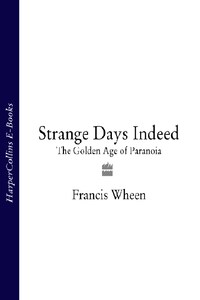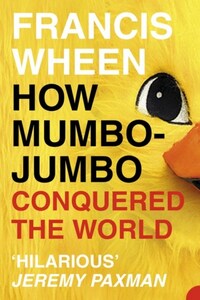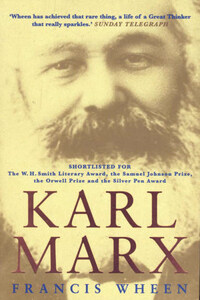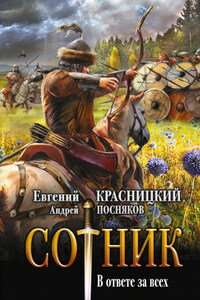I feel I am living in a dream world at the moment.
Diary entry by Tony Benn MP, 17 January 1973
This is a book about that most distant of times, the day before yesterday. I discovered for myself just how remote the Seventies are when, in 2006, I wrote a TV drama about Harold Wilson’s last government, covering the period from 1974 to 1976. Although the thirtysomething producer liked the script, she found many of the allusions baffling. What was a ‘prices and incomes policy’? Or a ‘balance of payments crisis’? These appeared almost daily in British headlines during the 1970s; only a generation later, they were as incomprehensible as Babylonic cuneiform. One scene that the producer queried had Wilson using a public payphone in Oxford to ring an aide. When I pointed out that it actually happened, she conceded that this might be so, but nevertheless insisted that viewers under the age of forty would be unable to believe that the Prime Minister had no mobile phone. The scene was deleted.
To those of us who lived through that era of polyester, platform shoes and power cuts, one thing seemed certain: no one would ever wish to revisit it. As Christopher Booker wrote in The Seventies, an end-of-term report published in 1980, it was ‘a decade of unending hard slog through the quicksands … hardly a time which in years to come is likely to inspire us with an overpowering sense of nostalgia’ For the next quarter-century or so this prediction was largely fulfilled, apart from a few eccentric gestures such as Bill Clinton’s adoption of ‘Don’t Stop Thinking About Tomorrow’ by Fleetwood Mac as his theme tune in the 1992 presidential election, or occasional ‘ironic’ tributes to lava lamps or tank tops, Burt Reynolds’s toupee or Roger Moore’s lapels – so naff they’re cool, even if they pong a bit. When people did stop thinking about tomorrow their minds usually strayed back to the Sixties, or perhaps to the Second World War; anywhere but the day before yesterday. The pattern had been set in 1979, when the decade was brought to a juddering halt by the Iranian revolution and the election of Margaret Thatcher: the new Islamic fundamentalists wanted to turn the clock back about 1,500 years; the market fundamentalists’ atavistic project, only slightly less ambitious, was to re-establish the ‘Victorian values’ of self-help, private philanthropy and laissez faire. On one point the Imam and the grocer’s daughter would certainly have agreed: the clock must never be turned back to the Seventies.
Recently, however, the decade that time forgot has been fished out of the sewer, hosed down and found to be not so whiffy after all. The subtitle of Howard Sounes’s Seventies: The Sights, Sounds and Ideas of a Brilliant Decade (2006) speaks for itself: the book is a breathless celebration of the decade’s greatest songs, sitcoms and films. Very enjoyable it is, too: so long as you keep the spotlight on David Bowie and the Clash, The Godfather and Fawlty Towers, while leaving much of the social and political backdrop in shadow, you can almost persuade readers to murmur ‘Bliss was it in that dawn to be alive …’ But hang on a moment. Bowie’s cocaine-fuelled Nietzschean ramblings in 1976 prompted the formation of Rock Against Racism and the Anti-Nazi League. (‘As I see it, I am the only alternative for the premier in England,’ he drawled. ‘I believe Britain could benefit from a fascist leader.’ Suddenly that line in one of his songs about making way for a Homo superior acquired a creepy new resonance.) Two years later I watched the Clash performing at a huge Rock Against Racism carnival in Victoria Park, in the East End of London, and urging British youths not to heed Bowie’s siren call: the band’s angry fervour, like their name, was a direct reaction to the godawfulness of Britain in the 1970s. And what’s the message of The Godfather? Don’t trust police and judges. They’re corrupt: we should know, we corrupted them. Even Fawlty Towers, one of the most perfectly conceived and enduringly hilarious TV comedies, is hardly innocent fun. Most of the laughs come from watching a man, driven beyond exasperation, who teeters constantly on the brink of a nervous breakdown.
‘Hardly a time which in years to come is likely to inspire us with an overpowering sense of nostalgia,’ Christopher Booker wrote. Little did he know. Mildly incredulous critical eyebrows were raised in 1999 at the launch of










